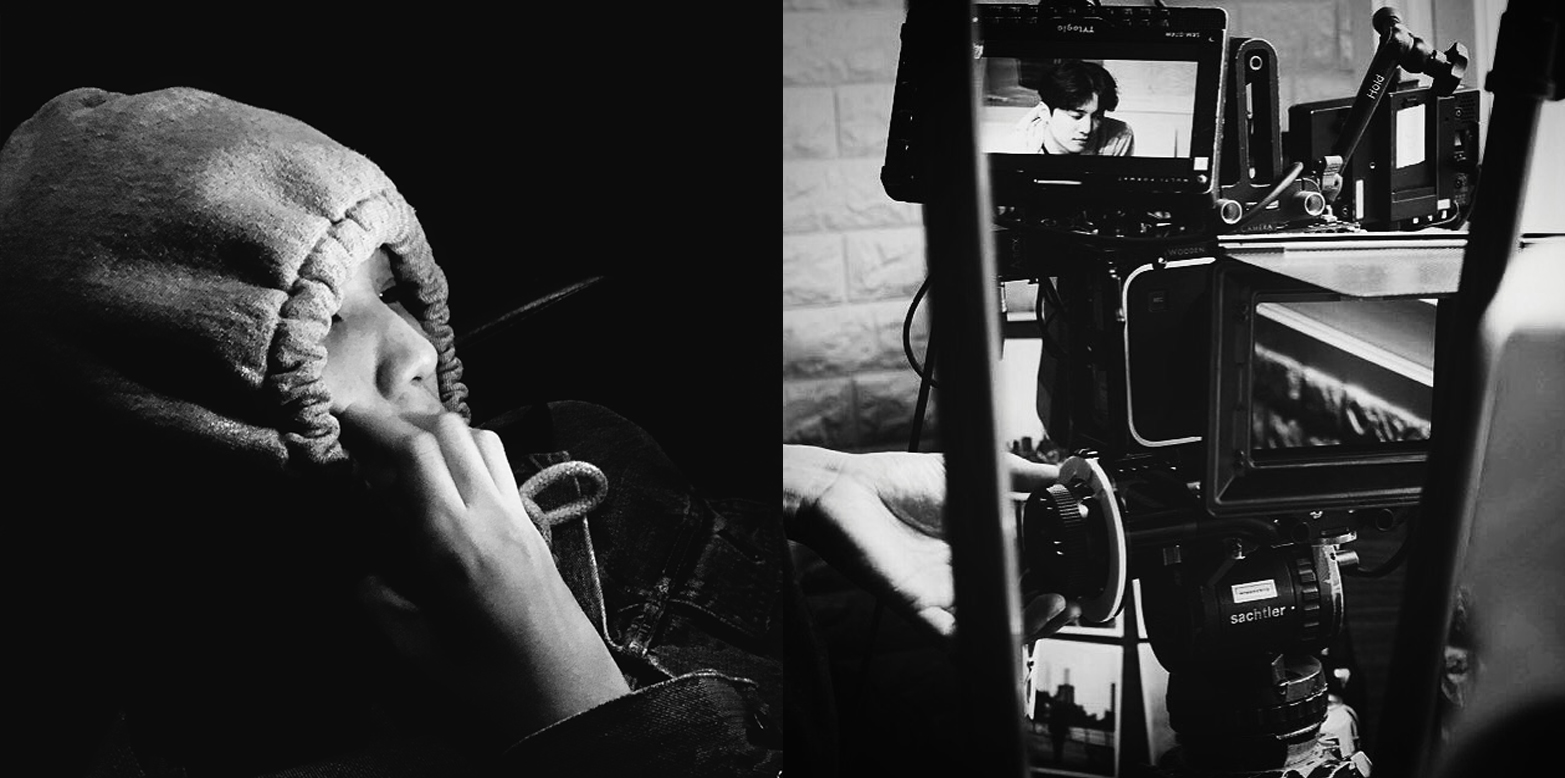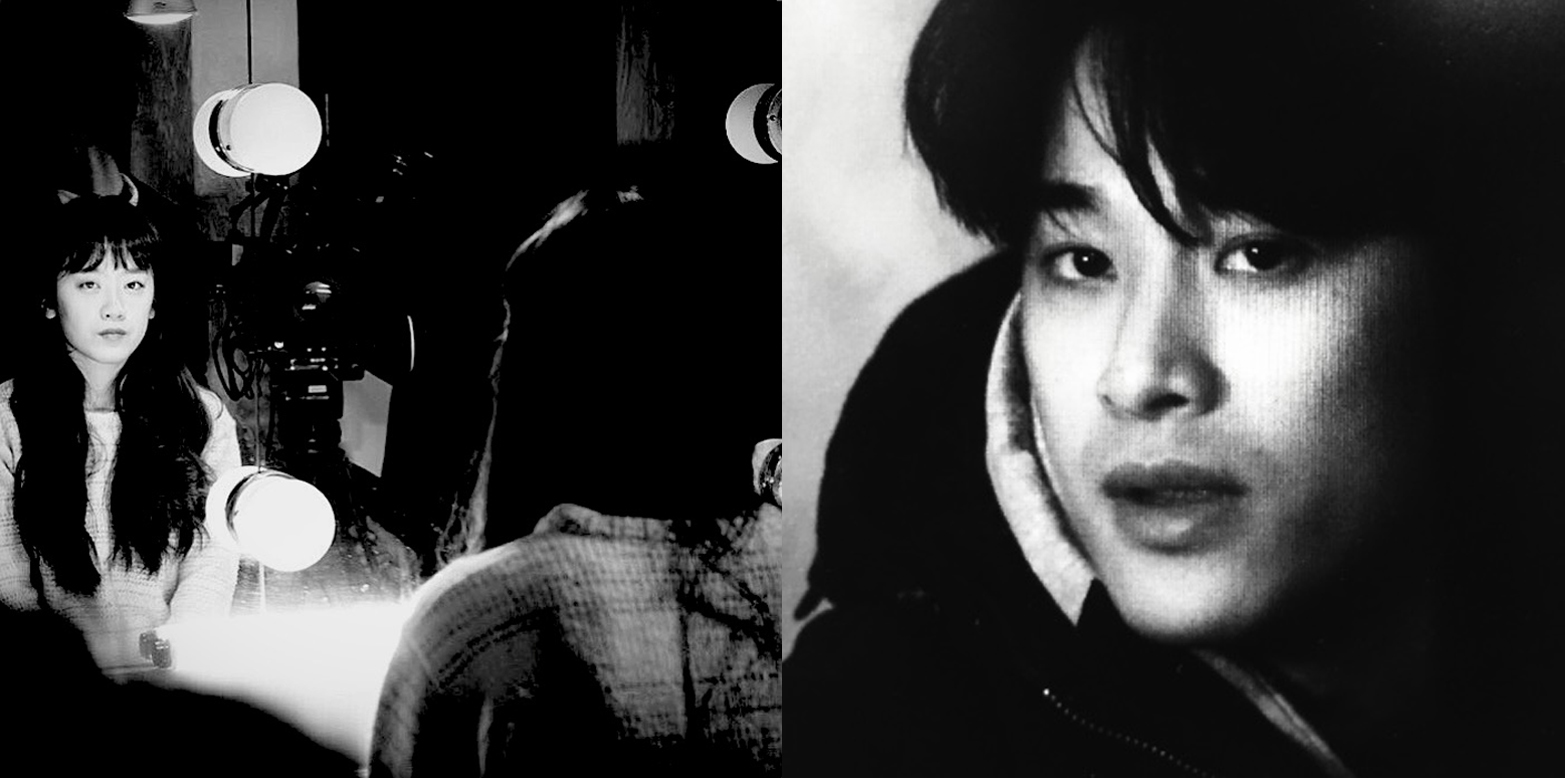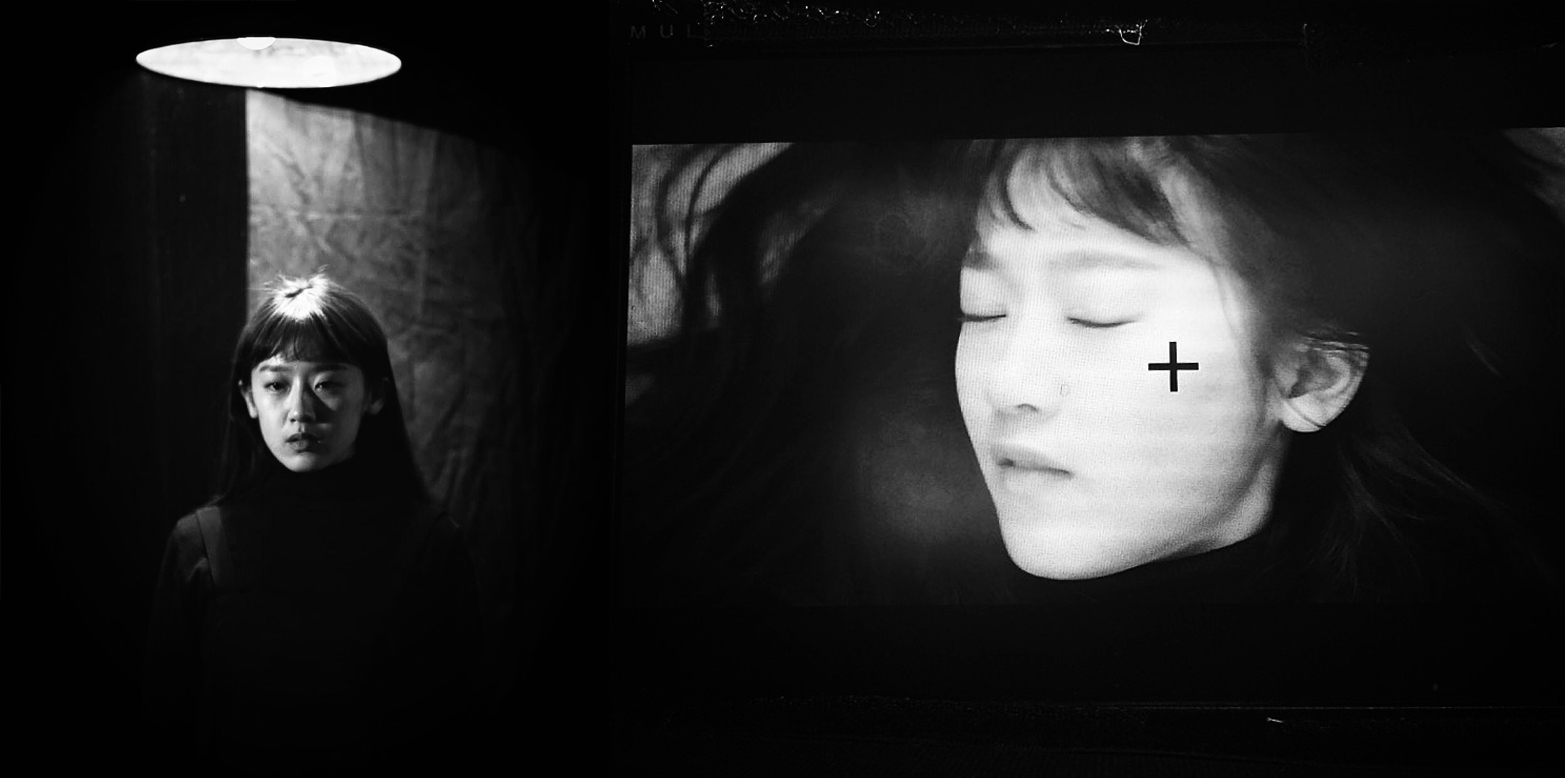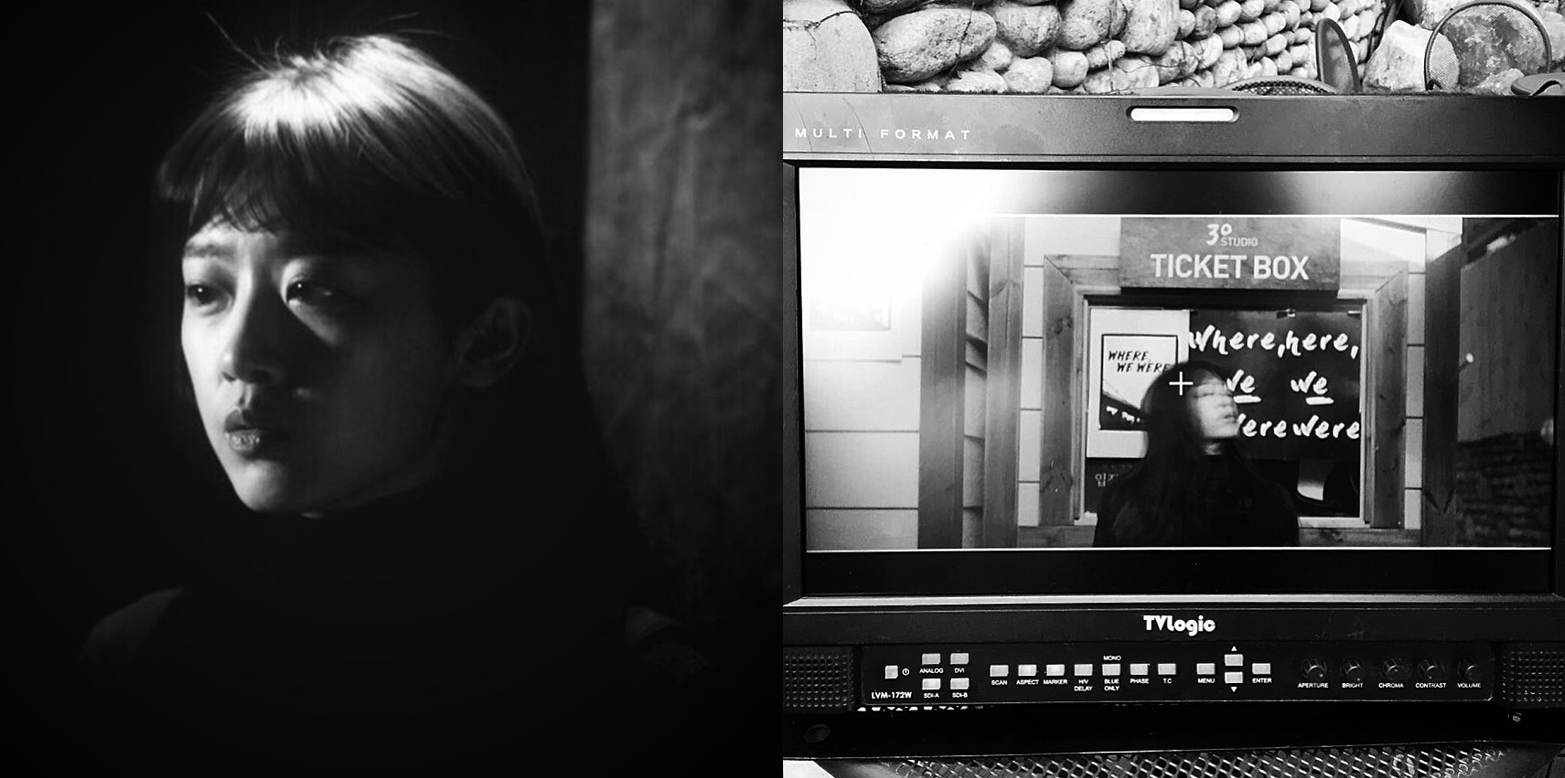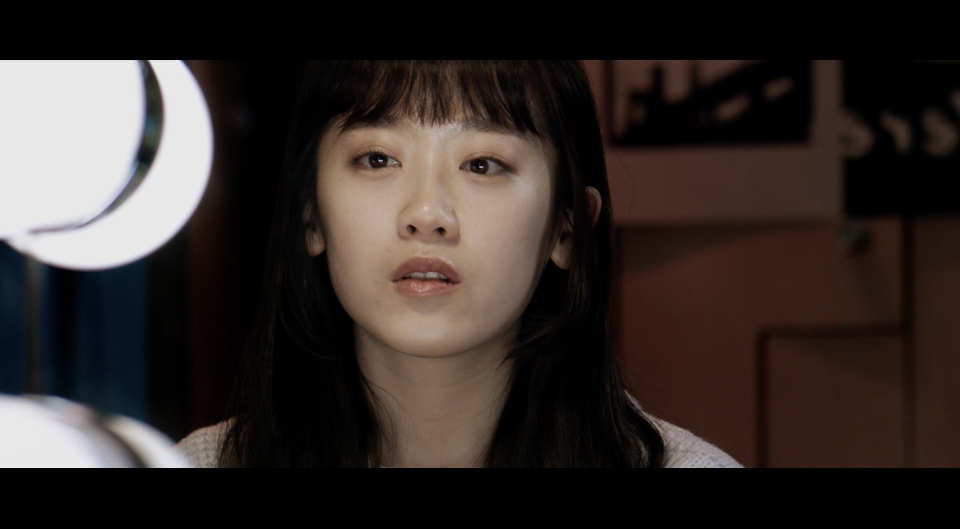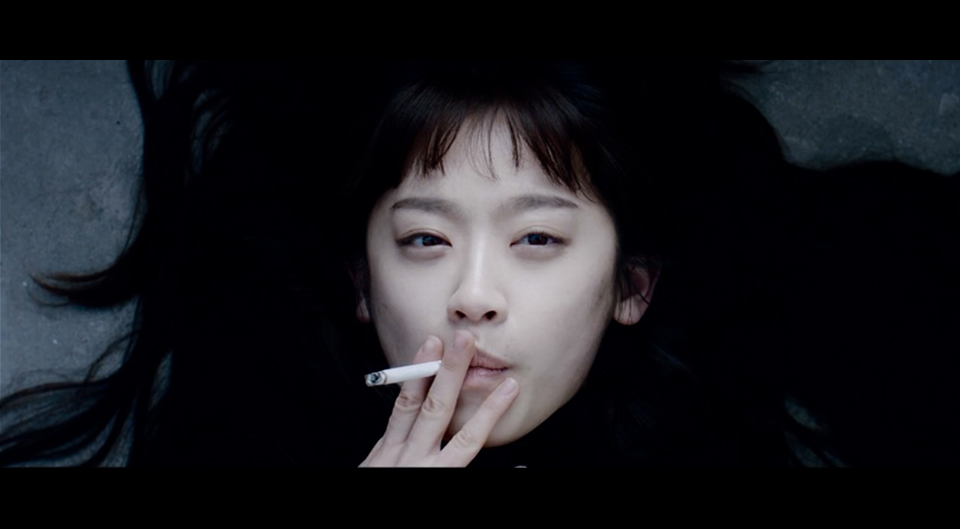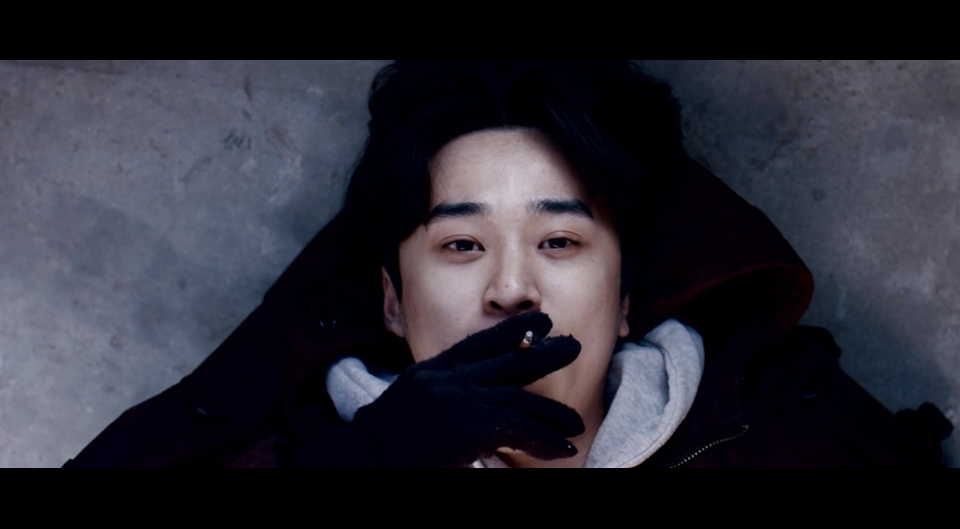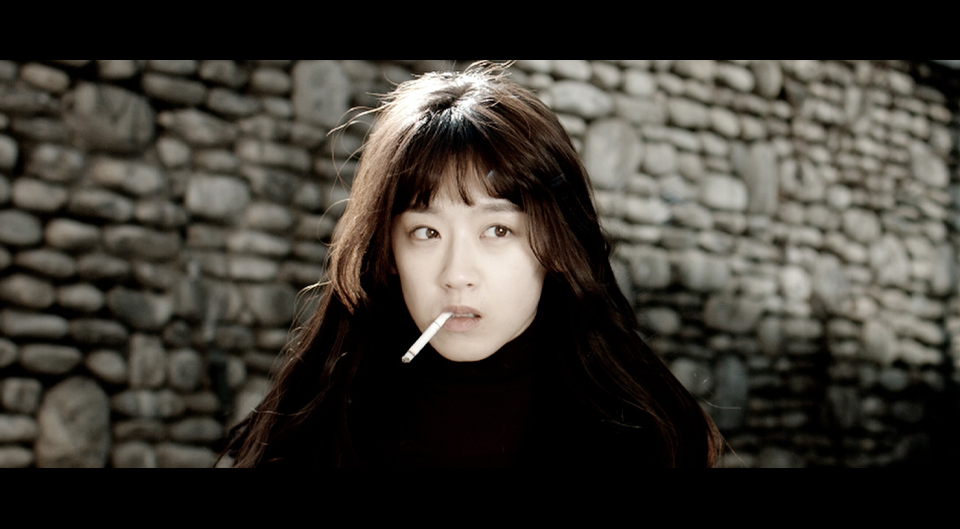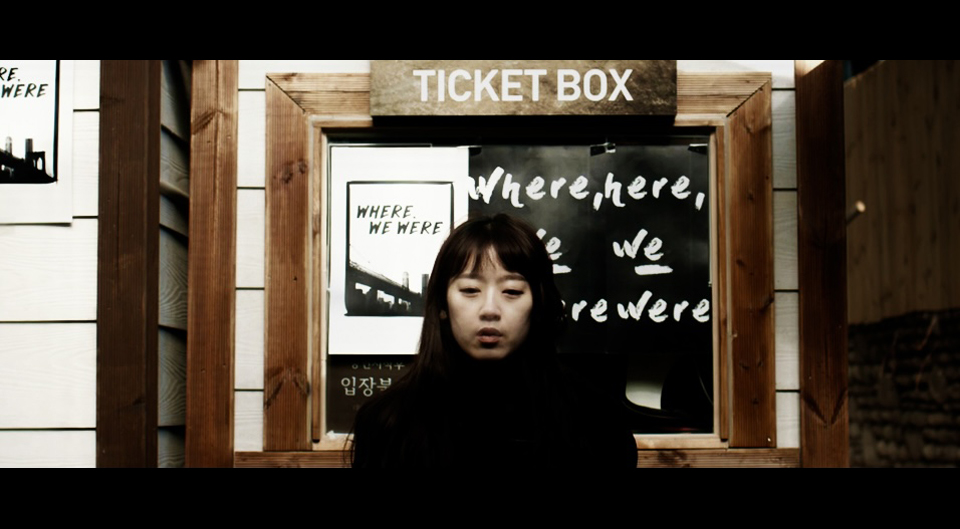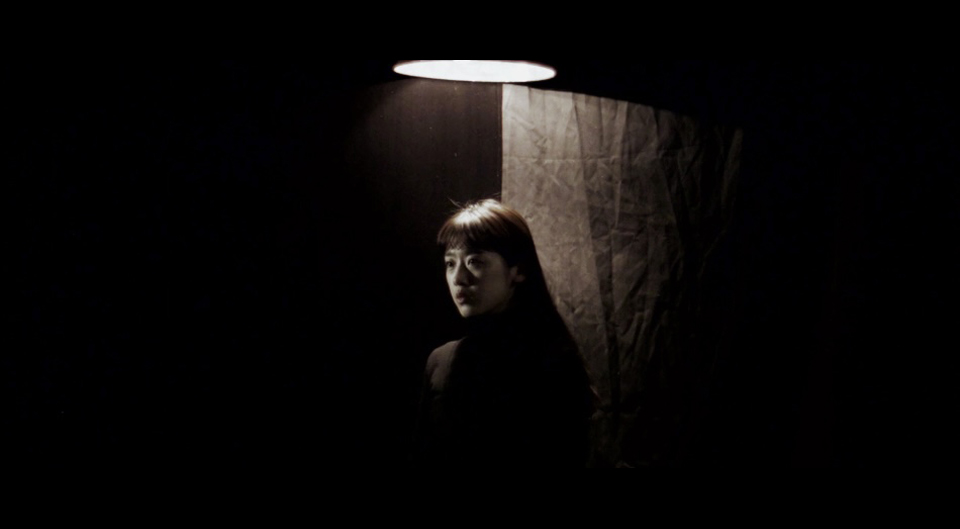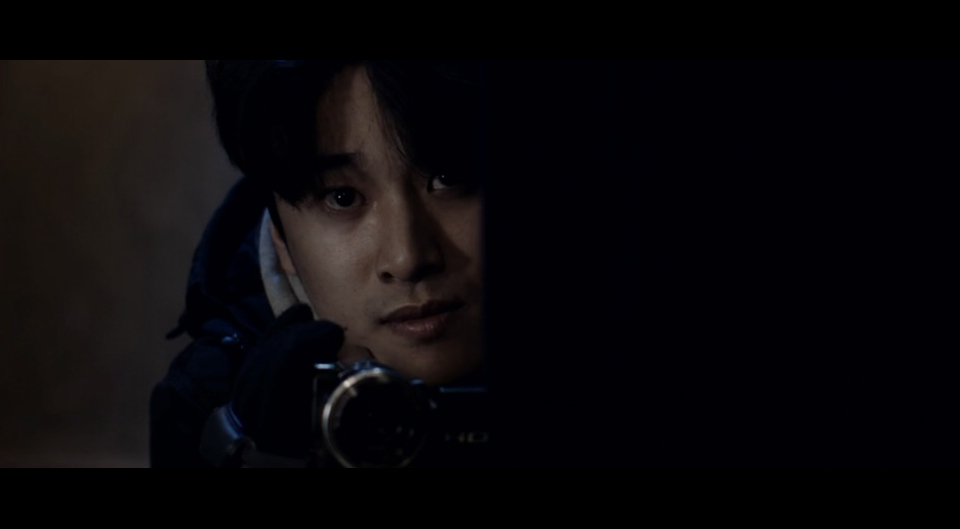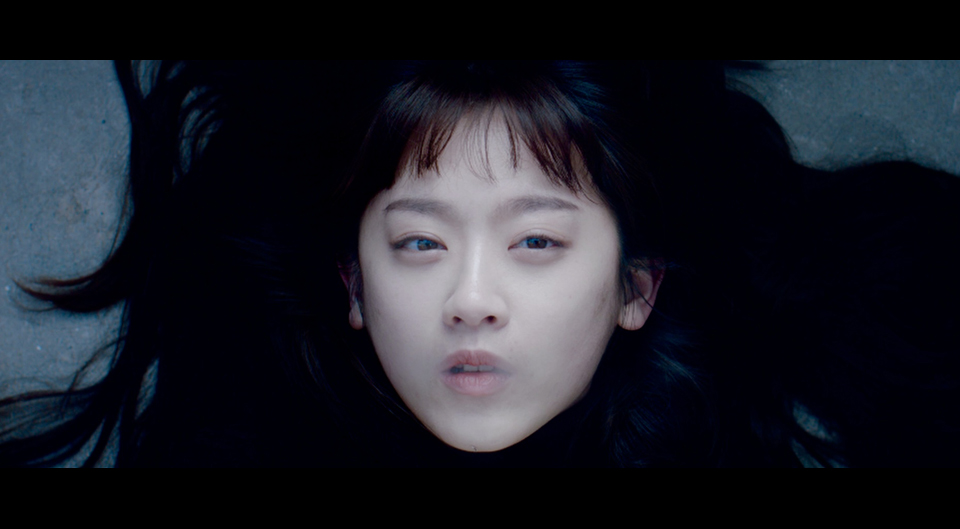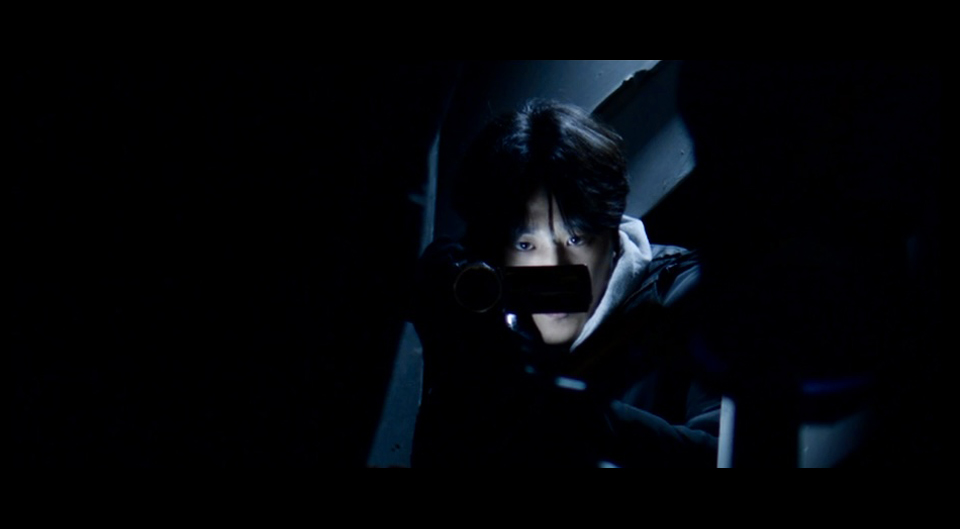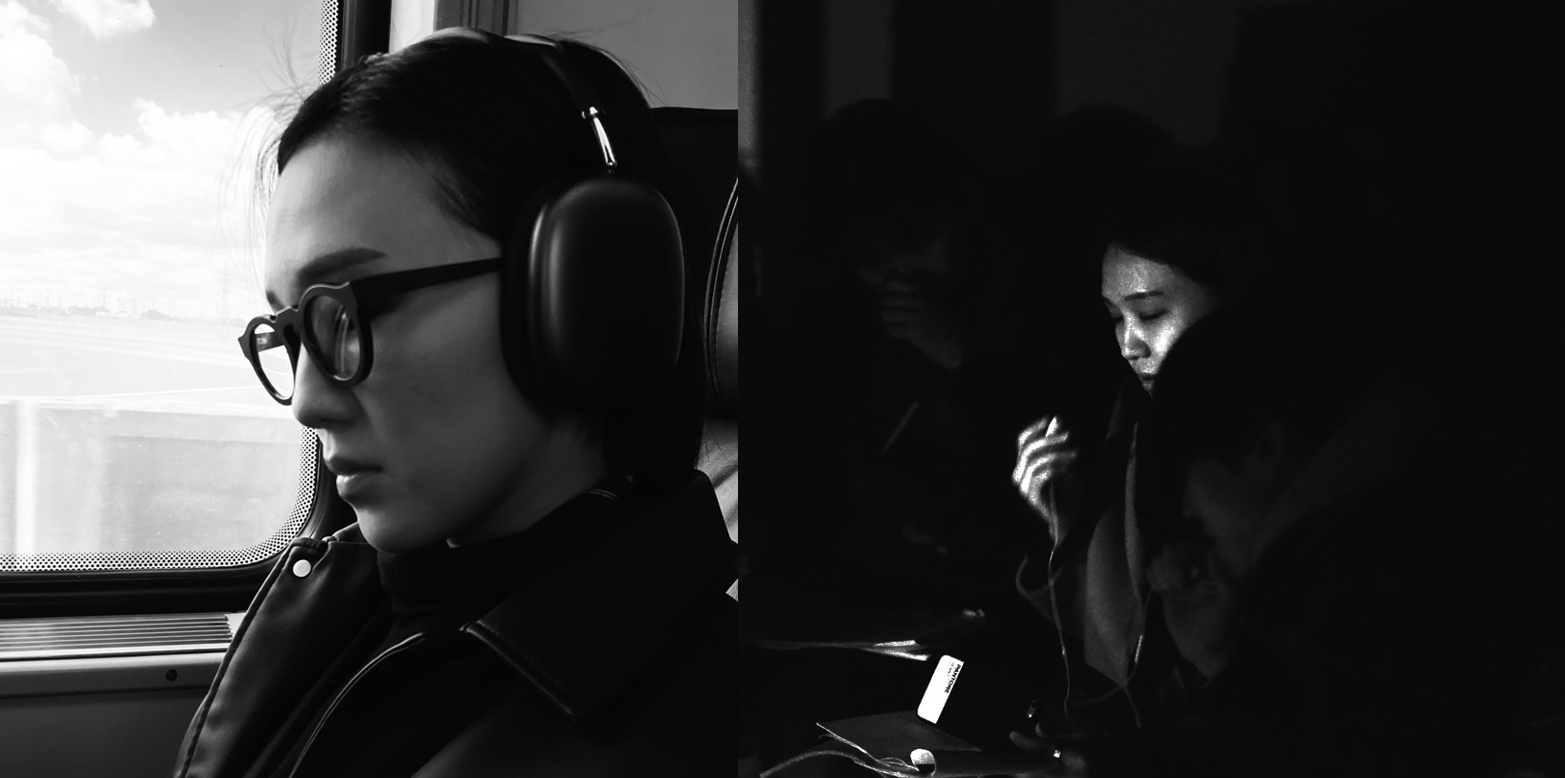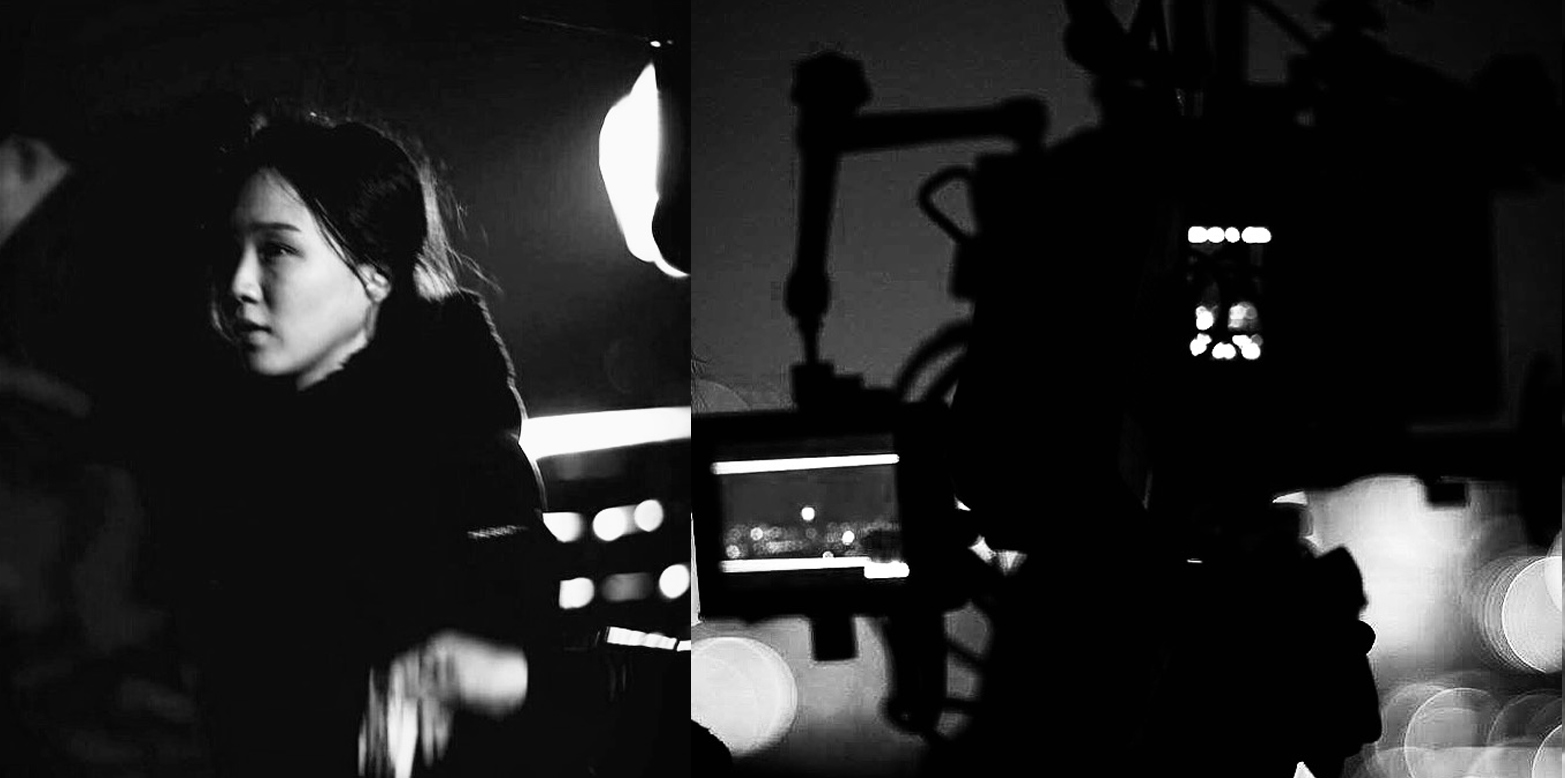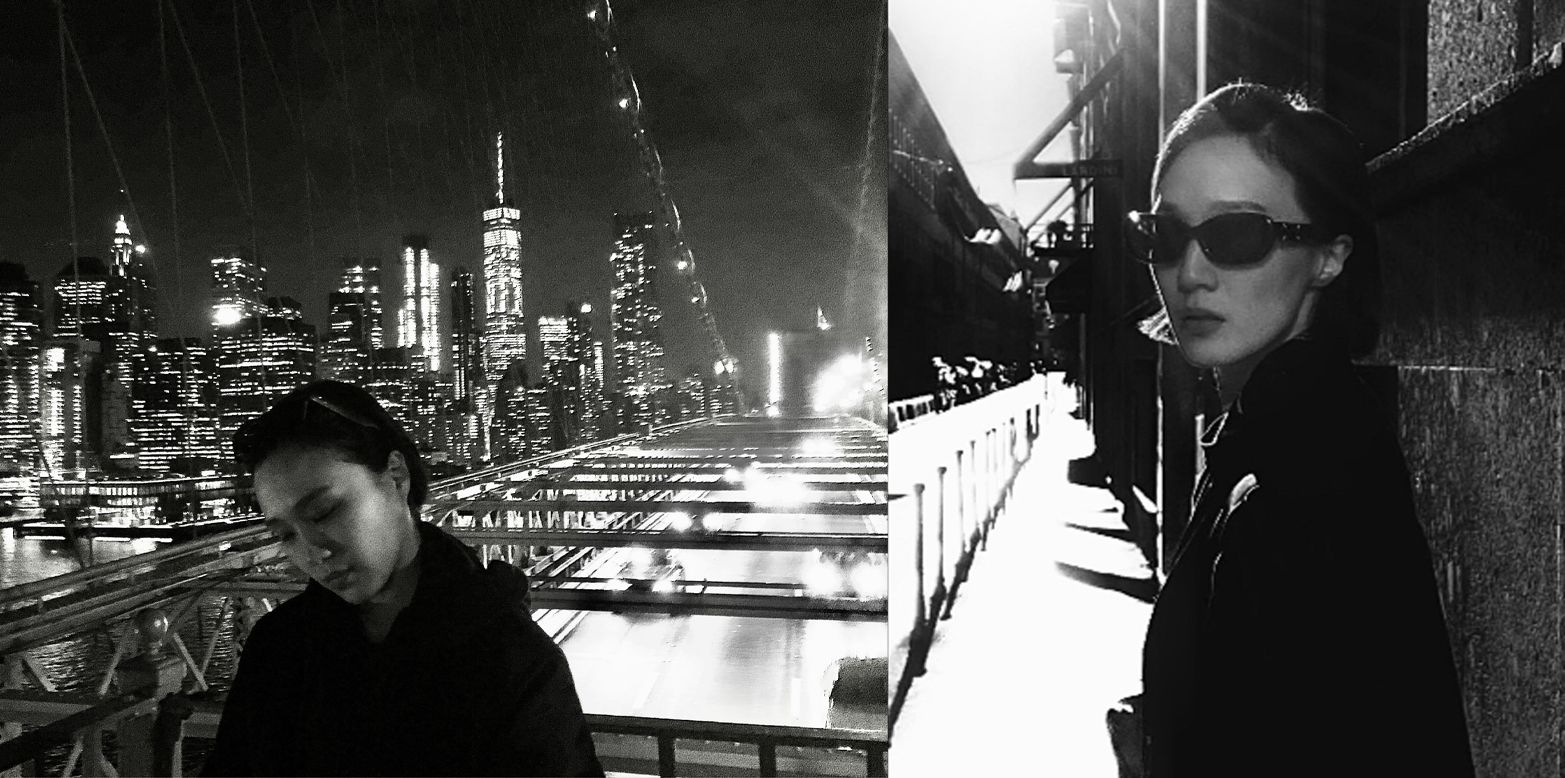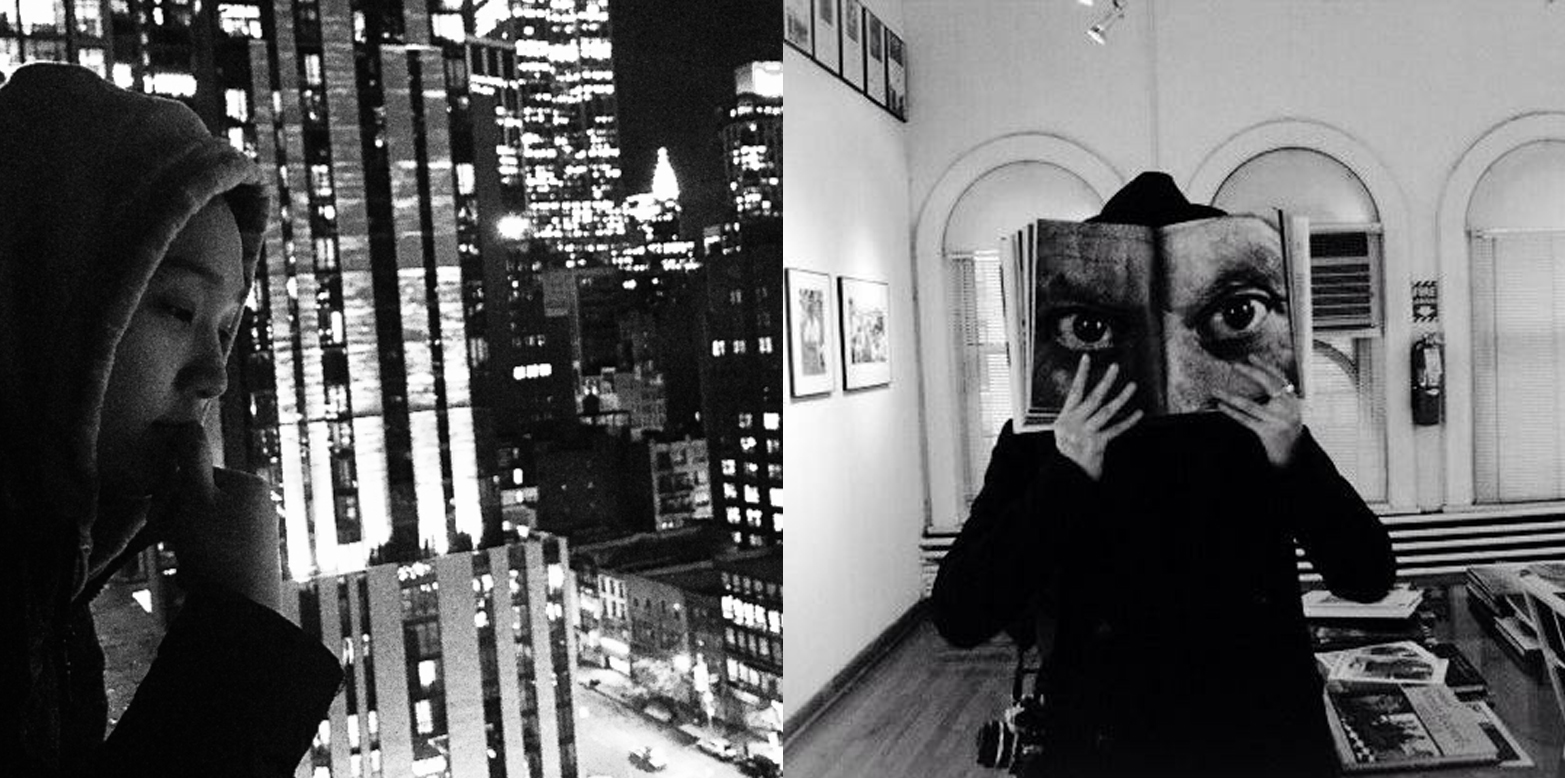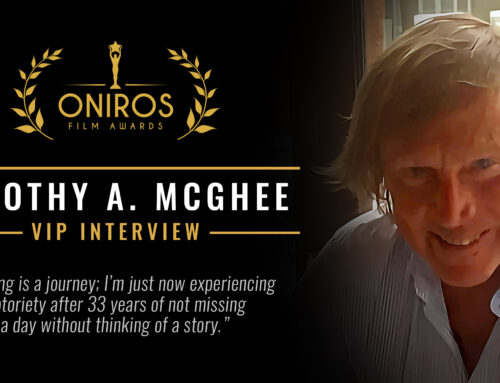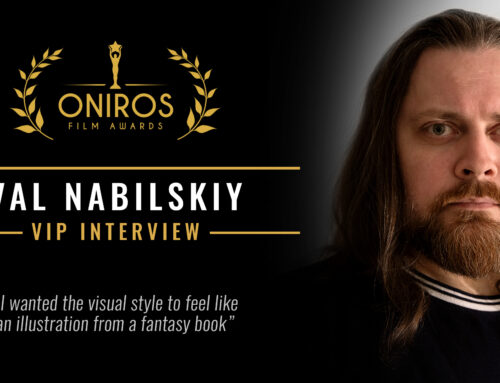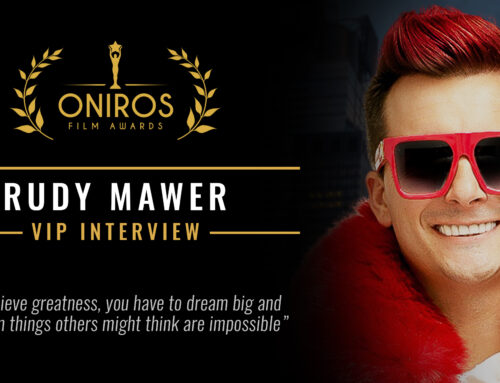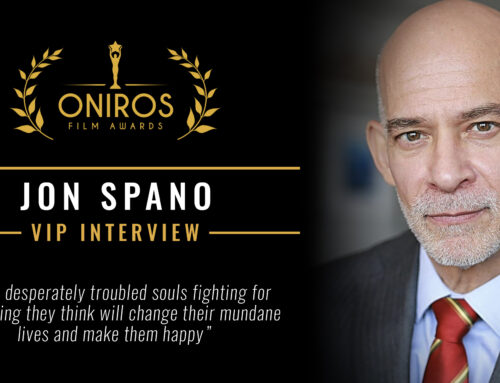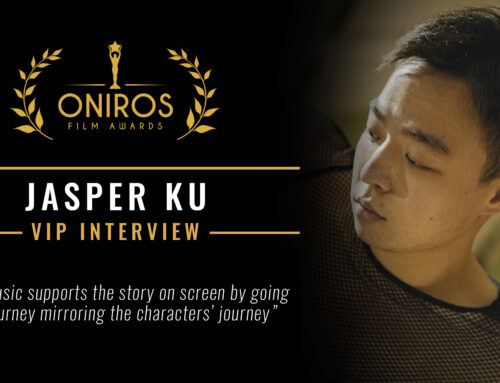BEYOND THE ONIROS FILM AWARDS®
VIP Interview with Jae Won Jung, screenwriter and director of the short film ‘Shadow‘
by Alice Lussiana Parente
Today, we introduce Jae Won Jung, a talented screenwriter and director of the short film Shadow, an artistic and philosophical mystery thriller that examines the meaning of existence through the main character Sun Woo’s monologues on life and death. In this interview, Jung her inspirations and creative process in making thought-provoking movies.
1. Could you introduce film Shadow and yourself briefly?
My name is Jae Won Jung, and I am the screenwriter and director of the film Shadow. It is an honor to be able to interview with Oniros Film Awards Team. To briefly introduce the film Shadow, it began with an aspiring documentary filmmaker Jae-ha who receives an unexpected and incomprehensible offer. The request bespeaks him to secretly chase and film a strange woman’s daily life for three days regarding return that he will be received a huge amount of money. Jae-ha accepts the offer, and the film started as he begins filming the stage actress, Sun-Woo. In my film, varied theatrical elements were included and implied.
2. When and why did you decide to become a filmmaker?
Looking back, the idea of making a film seems to have come very naturally to me. Thanks to my parents, I could have the opportunity to live in Munich, Germany as a child. Around that time, my parents traveled to many different cities in Europe, allowing me to learn and experience different cultures. I think these experiences from my childhood had influenced on developing an artistic desire deep inside me.
My parents tried to develop and create to have my own perspective and world so that what I saw as a child was not everything and that I could find the essentials of certain things on my own rather than define them. Even to this day, my parents’ education style has greatly helped me to see and think differently in my work without being biased or stuck to one side and has played an important role in allowing me to express my own philosophy persuasively in my own way.
Due to that influence, I think I am able to express and think about things in my life that may be a little abstract, but approach and think about essential things in a slightly different way than other people. There is such a no exaggeration to say that they made me who I am today. I think the decisive factor that led me to film was the people and special events in the time and space of New York. I believe that they inspired me to pursue the seriousness of making films and writing. Going to New York was the biggest turning point in my life. And I think all the moments in New York have made me who I am today.
There were difficult moments, but I never gave up. I just think it all started naturally from New York. And all of this was possible thanks to the love of my parents who always believed in me. So, I am really grateful to my parents who always told me that one day, people would recognize your work.
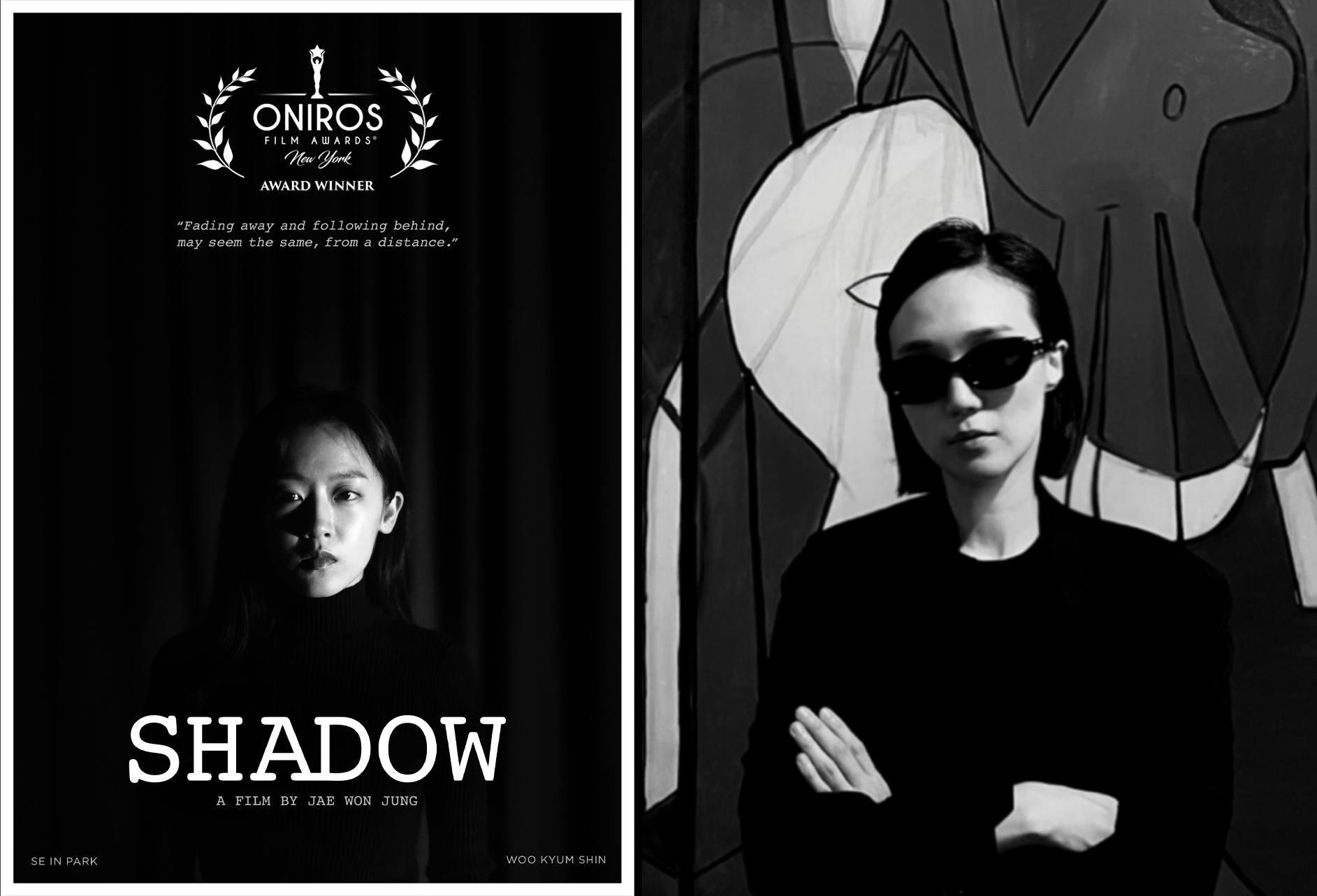
Jae Won Jung, screenwriter and director of the short film ‘Shadow’
3. You hold a Bachelor of Laws from Yonsei University in Seoul, and studies regarding concentration in photography and film at the School of the Art Institute of Chicago and a Master of Fine Arts from the School of Visual Arts in NYC. This is truly an impressive background. How do you believe your previous studies in law and fine arts influenced your approach to filmmaking?
I received my Bachelor of Laws degree from Yonsei University in Seoul, Korea. I fell in love with documentary photography after seeing a Magnum photography exhibition during my college years. The poster photo for Shadow and all photos in Jae-ha’s room in Shadow were taken by me. Throughout my college years, my passion for photography and film were stronger than anyone else’s. From a young age, I took thousands of pictures with a camera without anyone telling me to and listened to a wide variety of music. I am confident about myself that I have done more than anyone else for doing that. So, after graduating from Yonsei University, I developed my senses by studying phenomenological photography and film at School of the Art Institute of Chicago, which is famous for its photography and film. I think I learned how to express myself through various media by learning not only photography and film, but also various media such as painting, installation, and sound, without being tied to my major.
So, I think my background made me experimental when filming Shadow without being bound by the typical format of shooting a film, such as trying to incorporate theatrical elements into the film or focusing on mise-en-scène.
4. You wrote and directed the film. How was the process like for you?
Normally, as a writer, I continue to write short novel. And based on that short novel, I start working on scripts for my plays and films. “Where we were,” which appears in the play that Sun-Woo is practicing in Shadow, is also one of my short novel and scripts.
I was given a new direction and a major turning point in writing the script for Shadow from Alex Dinelaris, the screenwriter who won the Academy Award for Best Screenplay for the film Birdman. Alex Dinelaris was my professor in screenwriting and also offered me epiphany which allowed me to develop Shadow. Through his guidance, I was able to implement Shadow’s ideas and design the big picture of the film. Shadow has a lot of theatrical elements. I tried the idea of putting “Where we were” as a play in Shadow. And while maintaining the style of the thriller genre, I tried to incorporate poetic and philosophical theatrical elements into Shadow.
I completed the first draft in New York. But around that time, I was going through a bit of slump due to health issues, so I stopped writing for a while. But people around me always encouraged me not to give up. Thanks to a strong recommendation from a friend who had seen the first draft of Shadow, I started writing again to complete Shadow. There were some changes of the location in the script and addition of detailed lines, it was finally completed in Korea.
5. You are also the director of the film. What influences you the most when working on a project?
I get inspiration from music I enjoy or unexpected events in life. I believe that writers and film directors must express their lived experiences in their own words. In that respect, I think my authentic experiences are the most important source of inspiration for me. I had the opportunity to travel to Munich before filming Shadow. Those unexpected times gave me great inspiration in completing film Shadow script.
Also, when I write, I look for and listen to music that allows me to feel and remember the moments I experienced. Then, those moments come back to life, and then I started to get inspired which often leads me to write detailed lines or scenes.
The biggest inspiration I got to make the film Shadow was came from Adagietto from Symphony No. 5 in C-sharp minor by Gustav Mahler’s. To me, this music seems to maintain a distance between certain emotions without crossing the line between each other. And within the second theme melody of this music, “Funf Lieder nach Gedichten von Friedrich Ruckert,” the sentence which is “Ich bin der Welt abhanden gekommen” also gave a motif for the film.
Mahler’s music explores death, life after death, salvation, existence, and sadness, that is, the polar opposites of life and death. That part is the same as trying to explore the meaning of existence through the protagonist Sun-Woo’s monologue about life and death in film Shadow. So, film Shadow was really influenced and inspired by Adagietto from Symphony No. 5 in C-sharp minor.
6. Could you share with us who are the directors and film that inspired you the most when working on Shadow?
“M” by Fritz Lang, “Paris, Texas” by Wim Wenders, “Blue Velvet” by David Lynch, “Persona” by Ingmar Bergman are among the films that have influenced my film. I don’t think the above films and directors had a direct influence on film Shadow.
However, I think I received encouragement and stimulation while writing and making film Shadow while watching the above films. Among the most recent films I watched, I was really inspired by the female protagonist of “Decision to Leave” by Chan-wook Park. I think it also occurred to me that this character has some similarities to Sunwoo from film Shadow. For Sun-Woo, I hope that the audience will feel a sense of mystery in the gap/distance of sympathy that is not desperate but can be appropriately sad.
However, I think I was more influenced by music, my actual experiences, or other artistic fields as mentioned above rather than by films. In particular, I was inspired by Edward Hopper’s painting that I saw at the Whitney Museum of American Art in New York when Jae-ha secretly photographs Sun-Woo in film Shadow, and the tragic ending was greatly influenced by “The Seagull” Play by Anton Chekhov.
7. The film tackles the theme of voyeurism and existentialism, and filmmaking itself is rooted in observing others’ lives. The character of Sun-Woo, a stage actress, invites us to do so throughout the film. Could you share what message or meaning you intended to communicate to the audience with this creative choice?
I tried and endeavored to ponder about the significant meaning of life and death through Sun-Woo’s monologue. Sun-Woo metaphorically expresses the duality of human psychology through inseparable light and shadow. In the end, I aspired to reflect the human finitude, where shadows disappear along with the vanishing light.
And I intended to metaphorize the psychology of the audience watching the film through the subject matter of Jae-ha’s voyeuristic gaze in film Shadow. I think that the camera angles and movements in the space divided into inside and outside of the camera give the audience a feeling of participation. So, I think that by combining classical camera shooting techniques and aesthetic narrative camera work while integrating theatrical elements, the audience will be able to enjoy the thrill of a unique voyeuristic perspective.
8. I thoroughly enjoyed the monologue you wrote for the character of Sun-Woo and the actress, Se In Park did an excellent job. Could you share how you collaborated with her on set?
While looking for the person to play the role of Sun-Woo, I was happened to see this actress Se In Park in a short film and I was sure she would be the one who would play the role of Sun-Woo later. I was falling in love with her at first sight, I asked her for introduction and sent her my script right away, and then a few days later she contacted me. From the first time we met, I thought Se In Park would play the role of Sun-Woo, and I already imagined about how she would play Sun-Woo’s character. She had such a charming eyes and voices. Fortunately, she agreed to work with me, and we began embodying in terms of rounded and detailed character based on her personality.
9. Let’s talk about the cross-genre cinematography in Shadow, a movie that not only you wrote and directed, but also shot on your own. You combined documentary-style shots with a very aesthetic narrative camera work. What made you choose this cinematography style?
I previously studied phenomenological, philosophical photography and film at the School of the Art Institute of Chicago. I believe that my background had a great influence on the filming of the Shadow. I tried as much as possible to make Shadow an extension of my photography work and tried to naturally connect it with theatrical elements in order to combine classic camera shooting techniques and aesthetic narrative camera work.
And usually when I write a script, I tend to be very specific about time and space, camera techniques, composition, and character movements for each scene. Specific lines may be modified or added, but in some ways, I think I am trying to pursue extreme perfection from the beginning when it comes to expressing content and scenes. As I write, I already have the scenes to shoot in my mind, and those ideas are written into the script. Therefore, since I tend to work specifically on what kind of scene will appear, so I think I prefer filming it myself more than anything else.
10. Shadow features thought-provoking monologues and memorable lines such as: ‘When I move too far, I lose myself. And when I am too close, I forget myself’. How did you work with the cast on the script to achieve the level of performance you aimed at?
“Where we were” a short play in the film was originally created as a play script, so I thought the actors should have a good understanding of the play’s plot. Since, the lines are abstract and hard to digest, I had to constantly communicate with the actress to share ideas on character analysis, speech, voice and composition for the play within the film. I believe that our collaboration definitely helped her to comprehend and execute the role better. As we communicated and learned about each other, we simultaneously built trust and a complete understanding of Sun-Woo in both the play and the film, even without explicitly mentioning the character. Park Se-In did a phenomenal job without any mistake on the set and I was so proud to have found her. I enjoyed every moment of working with her. Thanks to our strong relationship, scenes from the play in film Shadow and Sun-Woo’s character came out just as I had envisioned.
11. What is your favorite line from Shadow and why? Are there any events or references that inspired you when writing the script?
My favorite line from the film is spoken by Sun-Woo during the play when she says, “That’s why ephemerality is as beautiful as eternity.” A moment is easily changeable, fragile and even transient, yet there are some that persist without transforming. This line embodies my hope for my precious memories to never disappear or deform through the passage of time.
I was inspired to write this line from my own experience and the line from film Shadow. “That’s why ephemerality is as beautiful as eternity.” was created.
Night streets of Munich. It was a mixture of excitement and sparkle. When we met again after 20 years, you were already grown up, so it was awkward and unfamiliar to the point that it was safe to say that we were meeting for the first time. Also, I felt strange because it overlapped with your face that I saw when I was young. So the late night walking with you, who was unfamiliar but familiar, was of course unfamiliar and felt like a dream. The misunderstandings and feelings from my childhood that were brought out, the unexpected experiences, and the light I saw while stopping on the street seemed like a memory that would last forever. “That’s why ephemerality is as beautiful as eternity.”
I had the opportunity to travel to Munich, Germany right before filming the Shadow. During that trip, by chance, I met a friend from 6th grade in my elementary school again after 20 years. Like the film “Past Lives”. That friend, whom I had met when I was young and whom I had never seen since we parted ways, went to Germany, and after living in separate time and space for 20 years, meeting each other for the first time in 20 years and sharing such amazing experiences and memories in one day was like fate to me. And that day I met a friend and I was really inspired. And these scenes stayed in my mind for a long time.
Just before filming Shadow, I was able to complete most of the lines based on this writing. Originally, there were lines, but I think I was able to complete a monologue that focused more on the character of Sun-Woo. The character analysis of Sun-Woo was also completed with more concentration in depth. In this way, I think I was able to create more three-dimensional and specific lines based on my experience. Perhaps it is no exaggeration to say that the completion of the last line of film Shadow came from everything that happened that night.
12. What are you working on now? Is there a specific actor that you would like to work with?
The script I am writing recently takes place six weeks before Easter every year in Germany. Carnival (Fasching/Karneval) is held just before the start of Lent (Fastnacht). I am currently writing a feature film script based on the memories and stories of two people who meet only at Fasching every year, based on the inspiration I received from my experiences, memories, and music. I think I’ll start working on the script in earnest after I finish this writing.
I usually flesh out the characters and dialogue while writing, so I think I’ll see the outline only when the script is completed, and since it’s a feature length, I have a feeling it’ll take quite a long time. Actors/Actress I’ve always really liked are Chinese actress “Tang Wei” and Japanese actress “Chizuru Ikewaki” and “Yu Aoi”. These days, many great Korean actors and the film industry are receiving a lot of attention, but I really want to find and work with great actors who are not yet well known.
13. Where do you see yourself in 10 years? What are your career goals, and do you plan to keep working both in the US and Korea?
These days I am a multi-artist working on painting, installation, and photography. My closest plans are to hold a solo exhibition at a museum in Korea in this summer. I can’t really predict what I will be like in another 10 years from now. However, I will continue to work hard as an artist and write as a writer just like now. And I would like to direct a feature film based in Korea and the United States using a script I wrote. And I think I will definitely write and film a romance related film in particular. Just as I have learned a lot from really good mentors, I want to teach students based on my diverse experience and teach them many things they do not know or have never experienced.
